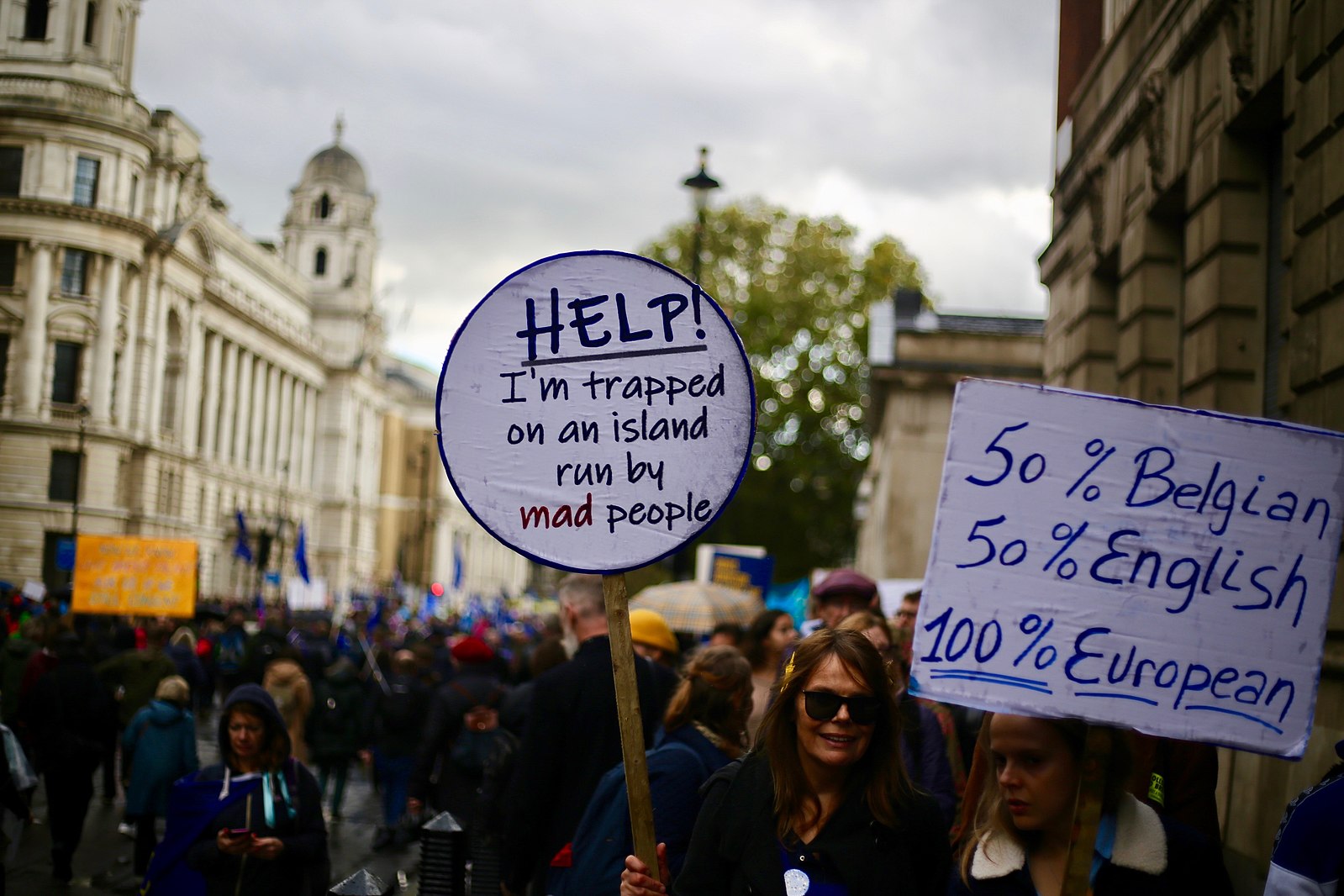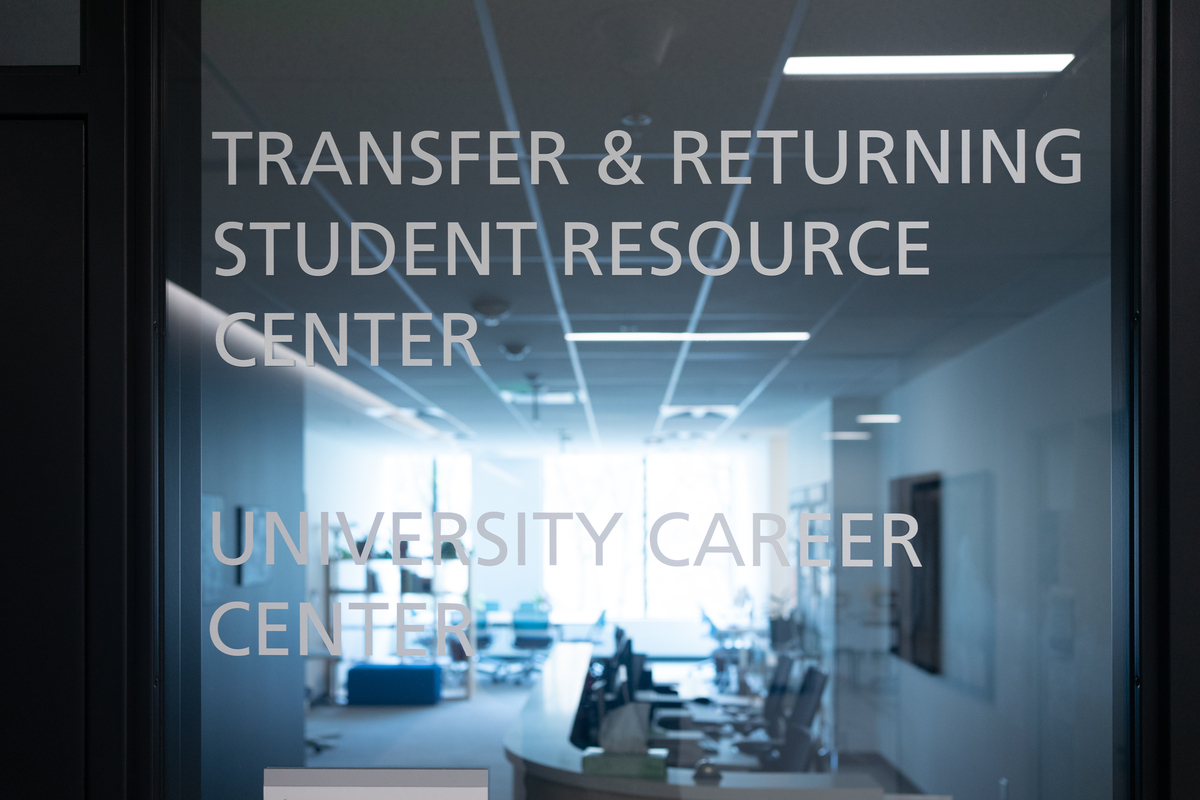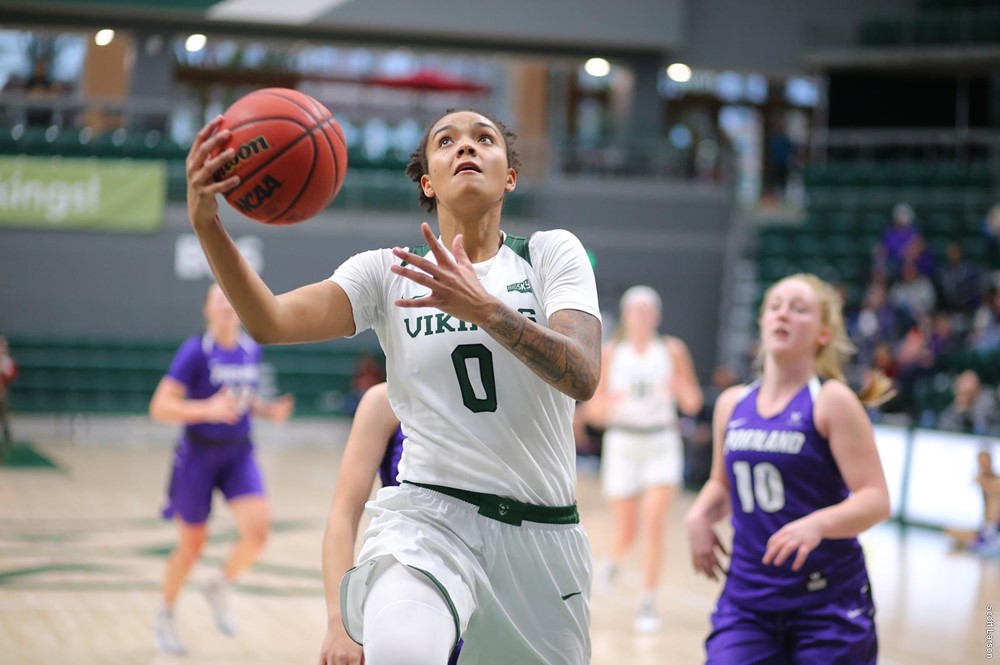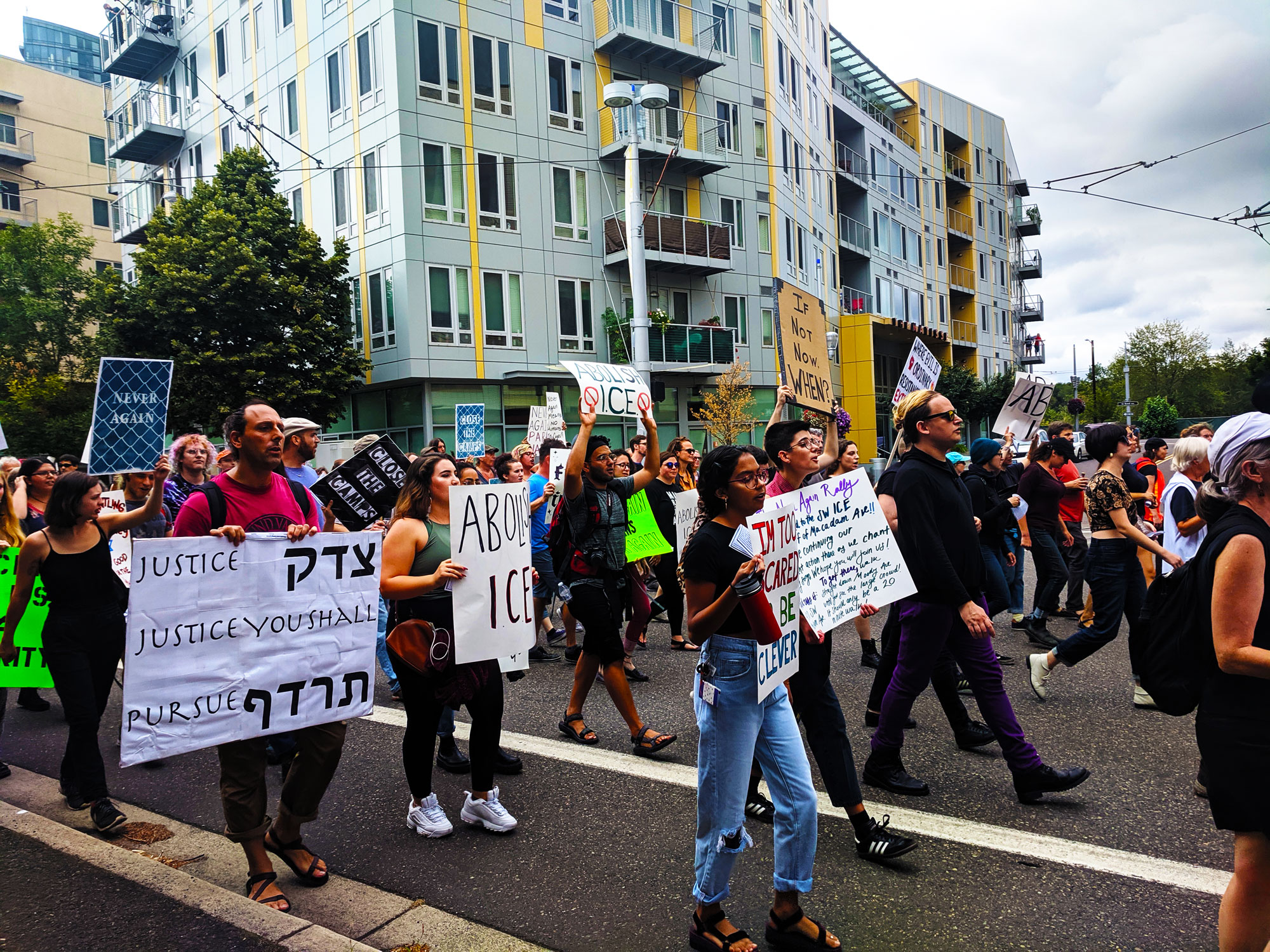Portland State students come together to laugh as a single voice
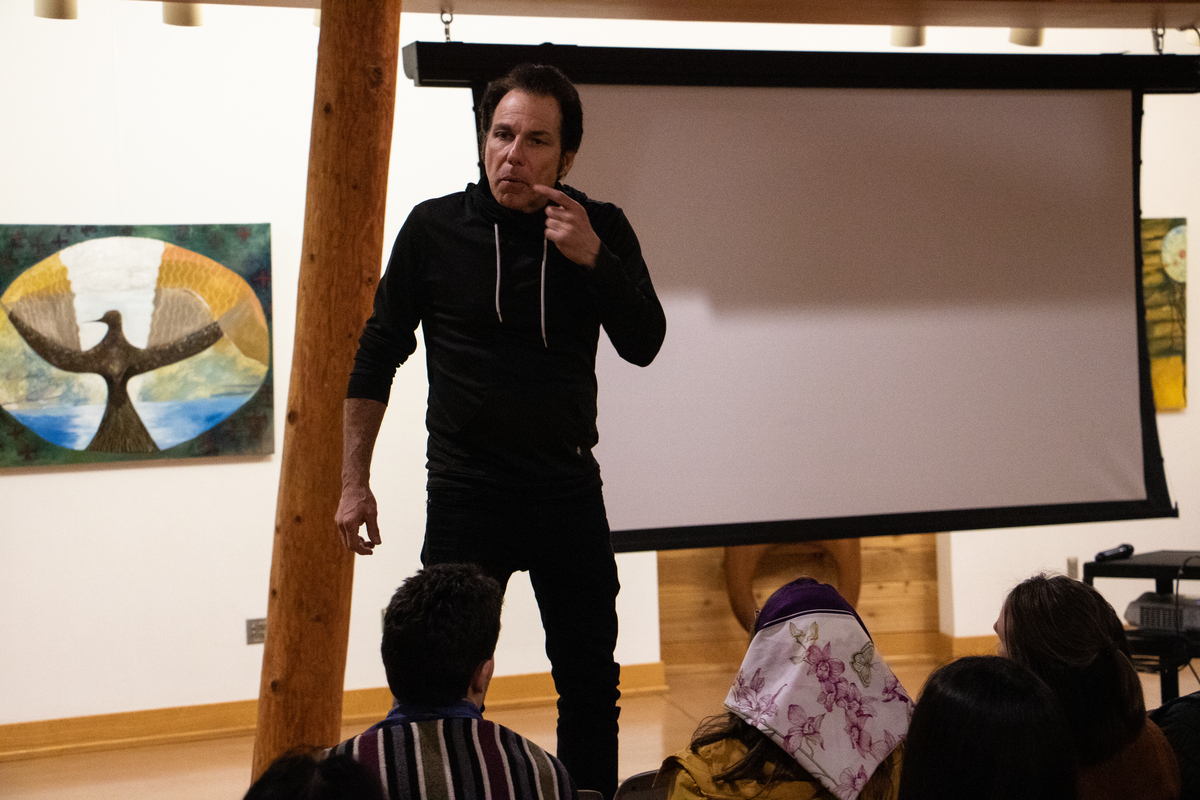
Comedy For Peace
Relating to strangers can be hard, but after Comedy for Peace, people were talking to each other with ease. Hugs were doled out with abundance and smiles came easily. Laughter has that effect on people.
Who would expect a comedy show at a Shabbat? Shabbat marks the beginning of the Sabbath, and the idea is to put aside some time to detach from the physical world and honor the moment by connecting with spiritual practice and thought. Once a month, Portland State’s Jewish Student Union hosts Shabbat at the Native American Student and Community Center. Generous portions of pizza were served, and tables were full of people from all walks of life.
On Feb. 7 Shabbat, JSU invited Comedy for Peace to their celebration. Comedy for Peace is a group of Muslim and Jewish comics who travel the country, pulling laughter from serious contemporary subjects, particularly as it relates to ethnicity and religion. The group’s very existence exemplifies coexistence in the real world and challenges any assumption that onlookers might have about Jewish and Muslim relations. They were invited to PSU by the Cultural and Historical Association of Israel and the Jewish Student Union.
Adam Allina, an organizer for the JSU and PSU student, was clear about the event’s intention. “The idea was to invite everybody and ease some of the tension…we may not have all of the answers but people need to know that someone else’s opinions are nothing to be afraid of.”
“There’s always more research to do, but tonight, maybe learn something and have a laugh.”
Allina greeted people as they came in for the event, and a couple of his fraternity brothers came out to support him.
Sam Whiteley, a local stand-up comic, said, “It’ll be interesting to see something that’s pretty removed from the context of what you see typically from the Portland Comedy scene.”
Hannah Sherman, executive director at Greater Portland Hillel, another group brought in to help organize the event, reaffirmed the event’s intention. “We want to create a space where we can show that people have different opinions and at the end of the day, we all want to have a laugh.”
The show featured five comics from the professional comedy circuit. Michelle Slonim, Usama Siddiquee, Khalid Rhamaan, Steve Marshall and the troupe’s founder Dotan Malach. Readers may recognize some of these names from Conan, Comedy Central and the Laugh Factory YouTube channel. Rhamaan noted that the audience at the Native American Student and Community Center was more diverse than the average comedy night in Portland.
Even so, it was a tough room for the comics. Comedy for Peace very intentionally addresses difficult issues, and for the first four comics, it was hard to find that balance between tension and catharsis. Were people offended by what the comics were saying? It was hard to tell.
The headliner Steve Marshall exploded into the audience, opting for no microphone, preferring the audience to the stage. His gregariousness elicited laughter from two women in the middle row, “To hear women laugh is important!” he exclaimed. “Because it’s not always safe to be a woman, and when everyone’s laughing, everyone’s safe.”
Doing something only a truly experienced comedian can do, Marshall connected with his personal pain and the tragedies of everyday life and somehow made it funny. “To be ethnic is great! Be proud to be Jewish, be proud to be Muslim, be proud to be Black, be proud to be who you are.”
He weaved with speed through the audience, at times taking to the top of chairs. “Can you imagine a world without ethnicity? The food would be terrible! No one gets excited about egg salad.” With bravery and vulnerability, Marshall draws laughs while continually hammering on his central point, “believe me, they’re wrong about you. No one knows you better than you!”
He moved like a battlefield medic under fire, and with each patient transformed the room from something uptight into a place of joy. At first, no one wanted to be singled out from the audience but soon every person wanted to be in on the joke.
As Marshall’s act came to a close, he reminded the audience, “Equal rights is not a la carte! You cannot pick and choose from the love and hate menu!”
Robert Liebman, retired PSU sociology professor said, “People were able to laugh together in a single voice, no matter how different they were.”

